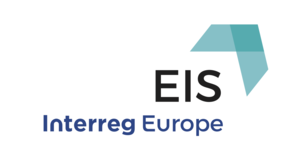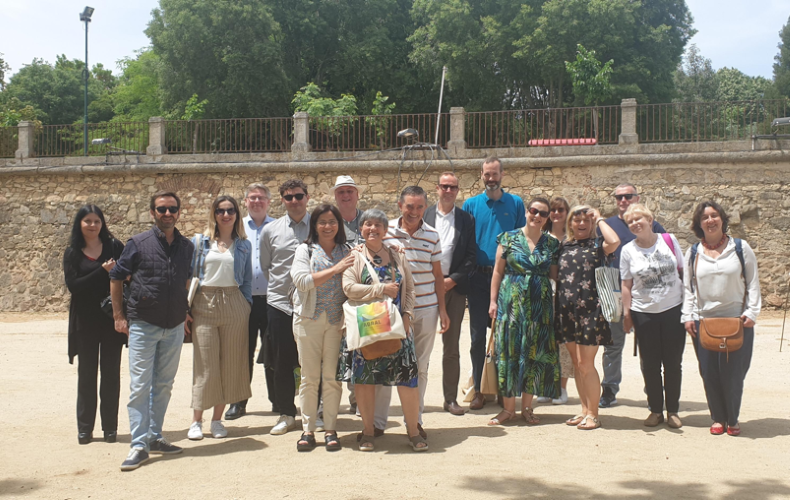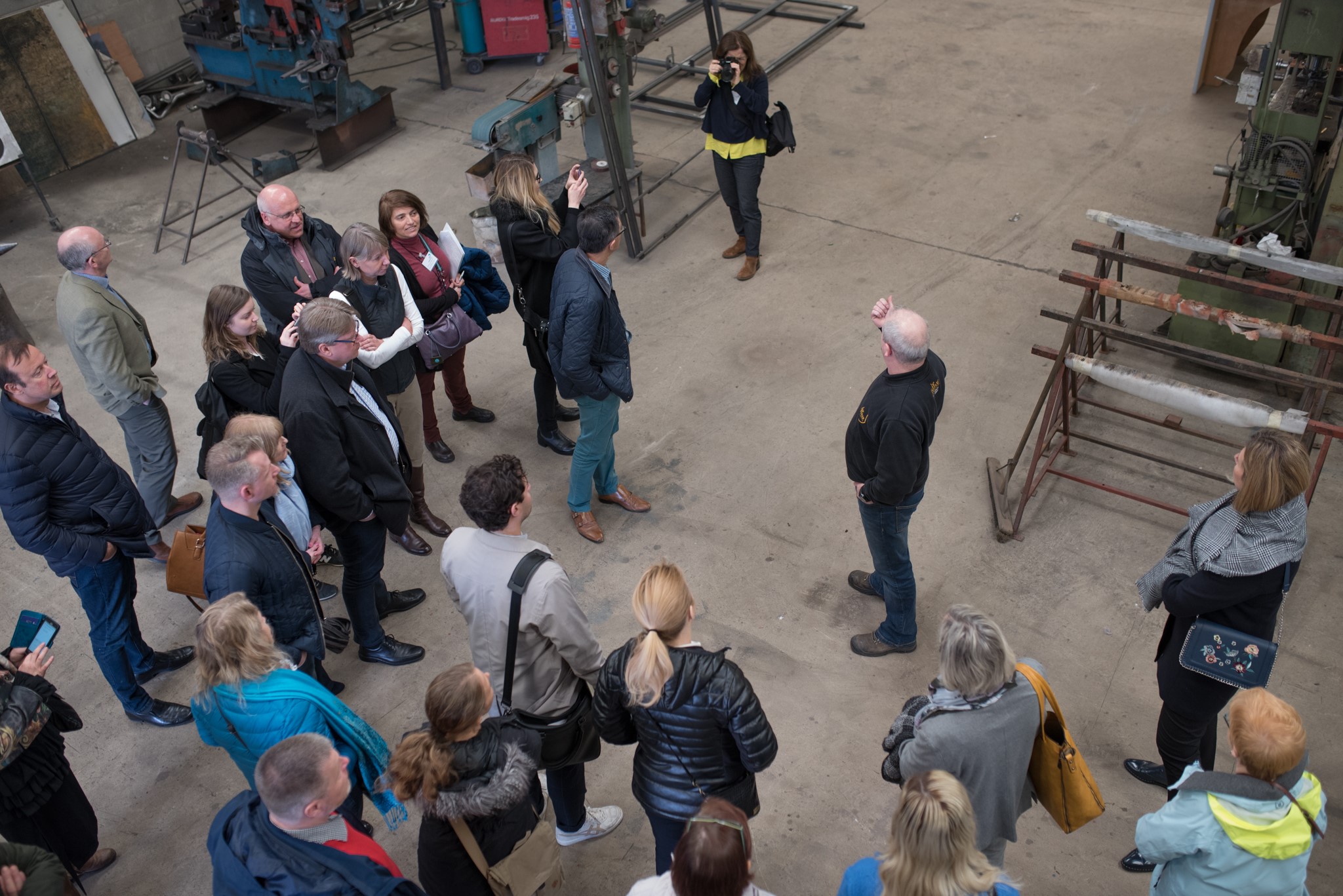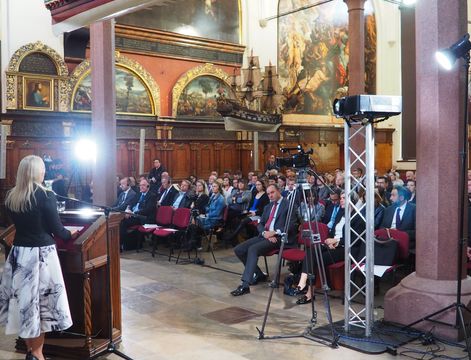A pivotal moment in the EIS project is when Action Plans are formed, and learnings from the many workshops are transformed into better, more impactful operations. This moment is just around the corner. Let’s take a look at one of these Action Plans as it is at this time.
The Croatian partner – Koprivnički poduzetnik Ltd., a business incubator – from Koprivnica, has especially been inspired by Good Practices in Central Denmark and Pomerania, Poland. And through fitting the learnings into a local context, the Croatian partners look forward to launching a pilot action with the possibility to serve as example for SME internationalisation support across the country.
Good Practices: Screening and multi-level collaboration
The Good Practice from Central Denmark is a screening tool. The Screening tool divides SMEs into three categories (A, B and C) according to their internationalisation potential and readiness. Those in the C-category are not deemed ready to internationalise, and will benefit more from developing their business further in the incubators. Category B companies have potential for internationalisation and will receive help to fulfil their potential. Category A companies are ready to internationalise, and support for them will concentrate on getting their export under way.
“Applying this screening tool, will allow us to direct companies towards specialised services, at the level which is most suited to their particular situation.” Says Bojan Kostic, EU Project Officer at Koprivnički poduzetnik.
The other Good Practice the Croatian partners are learning from is the Pomeranian stakeholder involvement at multiple levels. Thus, Koprivnički poduzetnik is reaching out to the Croatian Chamber of Economy in order to initiate collaboration.
As Kostic explains “the idea is, that the incubators – in this case us – will make the initial screening, as we have the daily contact with SMEs. If the companies are deemed ready to proceed with further internationalisation programmes they will be sent towards the Chamber of Economy – if not we will support the SME in the development until they are either category B or A.”
Great Expectations: a way forward at national level too
Kostic says: “not only will we be able to offer a structured support which will integrate local and national levels of business support, the structure will also allow us to track the efficiency of the programmes better. In the end, the Chamber of Economy will have more accurate data on the SMEs who seek help to internationalise, which will sharpen SME support in the future.”
He continues: “this structured approach is a novelty in Croatia, and we are launching it as a pilot action to see how well it works. The Chamber of Economy are very interested and engaged. In the horizon we can see the possibility of scaling this up to become a fully national programme, but for now, we concentrate on making the pilot successful.”












